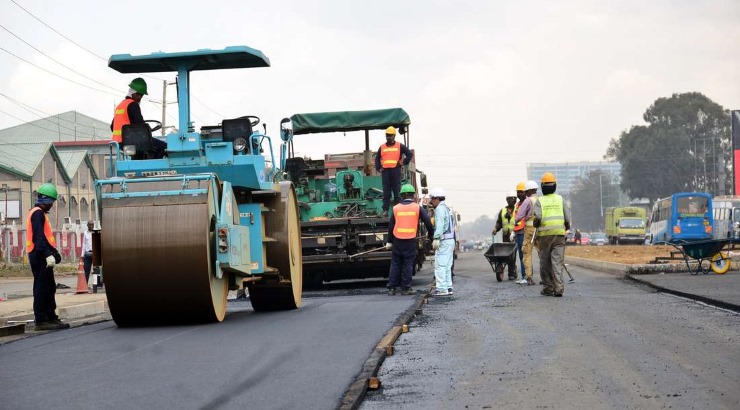Infrastructure
Kenya Scouts for Wealthy Investors to Build Toll Roads
The re-introduction of toll stations is, however, likely to face huge legal encounters.

Kenya is scouting for wealthy investors to set up and operate five toll roads in the country in a move aimed at improving the expansion and maintenance level of major Kenyan highways.
The Southern Bypass, Nairobi-Mombasa highway, Nairobi-Mau Summit road, Thika Superhighway, and a second Nyali bridge in Mombasa are earmarked for this project that will re-introduce toll fees on key roads.
The toll roads will be established through a Public Private Partnership (PPP) model, where investors build, maintain and operate a road for several years to recoup their investments before transferring the facility to the State at the end of the contract period.
“As a government, we have decided to enlist the help of the private sector as public resources are not sufficient to build highways fast enough,” the Kenya National Highways Authority (KeNHA) director general Peter Mundinia said on Thursday.
Mr Mundinia said that feasibility studies have shown that the private sector can help bridge the road infrastructure funding gap thanks to the lucrative yields in the road toll sector.
He added that KeNHA had already identified contractors to convert the Nairobi-Mombasa and Nairobi-Nakuru highways into dual carriageways.
“We expect the first toll roads to be operational by the end of 2020,” Mr Mundinia said, adding that a policy to guide the toll roads will soon be approved by the Cabinet.
RELATED: Fight Erupts Over Nairobi-Mau Summit Highway Tender
For the already built roads such as Thika Road and the Southern Bypass, KeNHA will only recruit an investor to build and manage the toll stations.
The new toll roads will be managed by KeNHA, save for the proposed second Nyali bridge in Mombasa, which will be managed by the Kenya Urban Roads Authority. The bridge will connect Mombasa Island to the mainland.
During a past stakeholder meeting in Nairobi, Mr Mundinia disclosed that the toll stations will operate in three set-ups: a manual set-up where motorists stop and pay; a digital set-up that uses pre-paid cards; and a third format in which vehicles are fitted with stickers.
The charging formula is yet to be determined. However, earlier proposals indicated that motorists would be charged depending on the type of their vehicle with the rates being Sh1.20 per kilometre for saloon cars and Sh1.79 per kilometre for pick-ups and vans.
Medium trucks and buses were to pay Sh2.39 per kilometre, while large trucks were to part with Sh3.59 per kilometre.
Toll roads were first introduced in the country in the late 1980s, but were eliminated in the mid-1990s in favour of the Roads Maintenance Levy due to corruption at the toll stations.
The re-introduction of toll stations may face legal challenges, including demands for alternative toll-free roads for motorists who prefer not to use toll roads.














